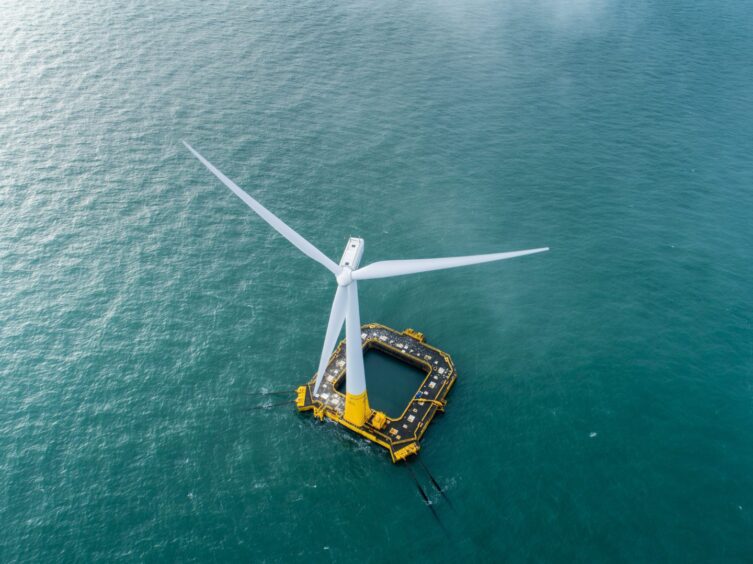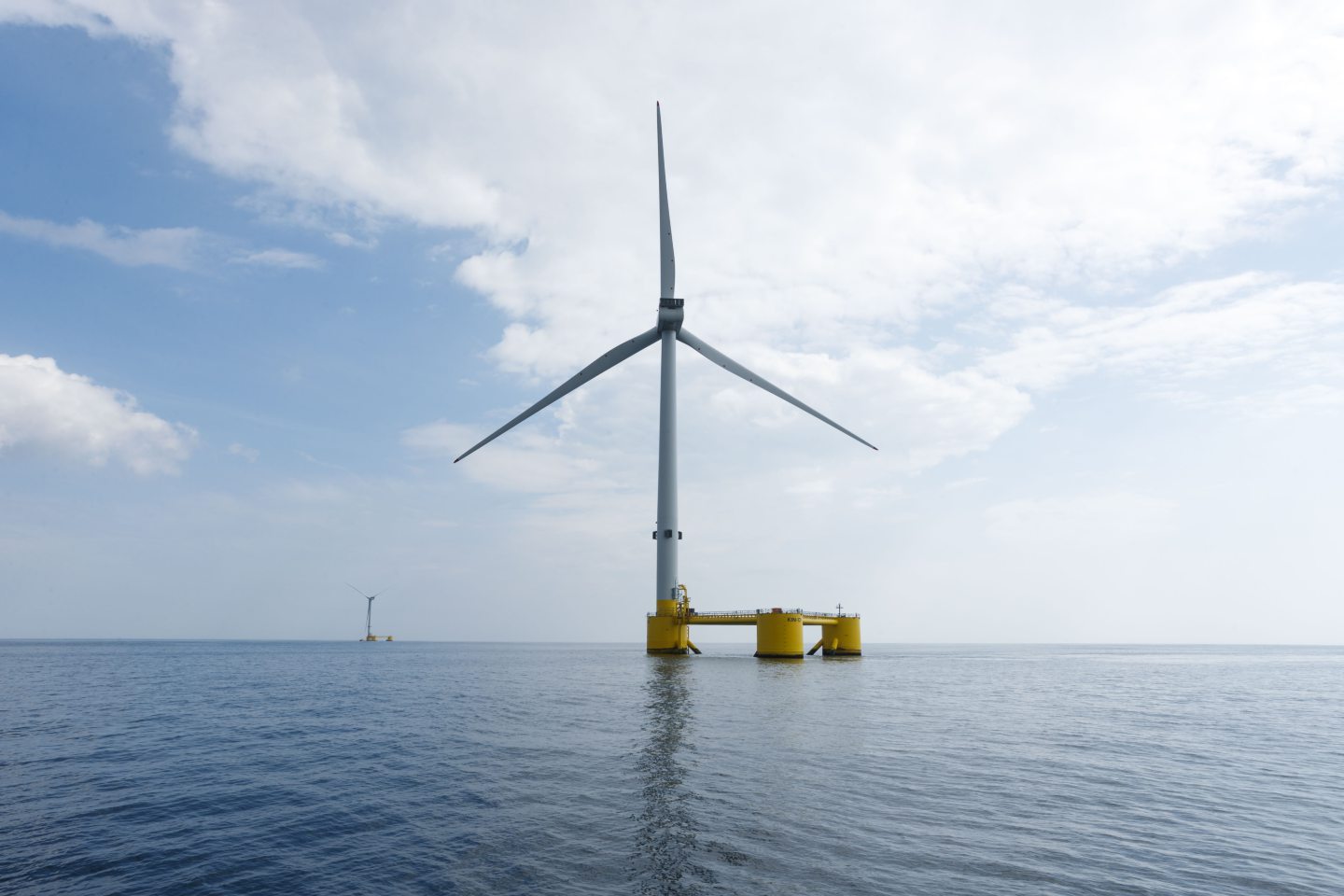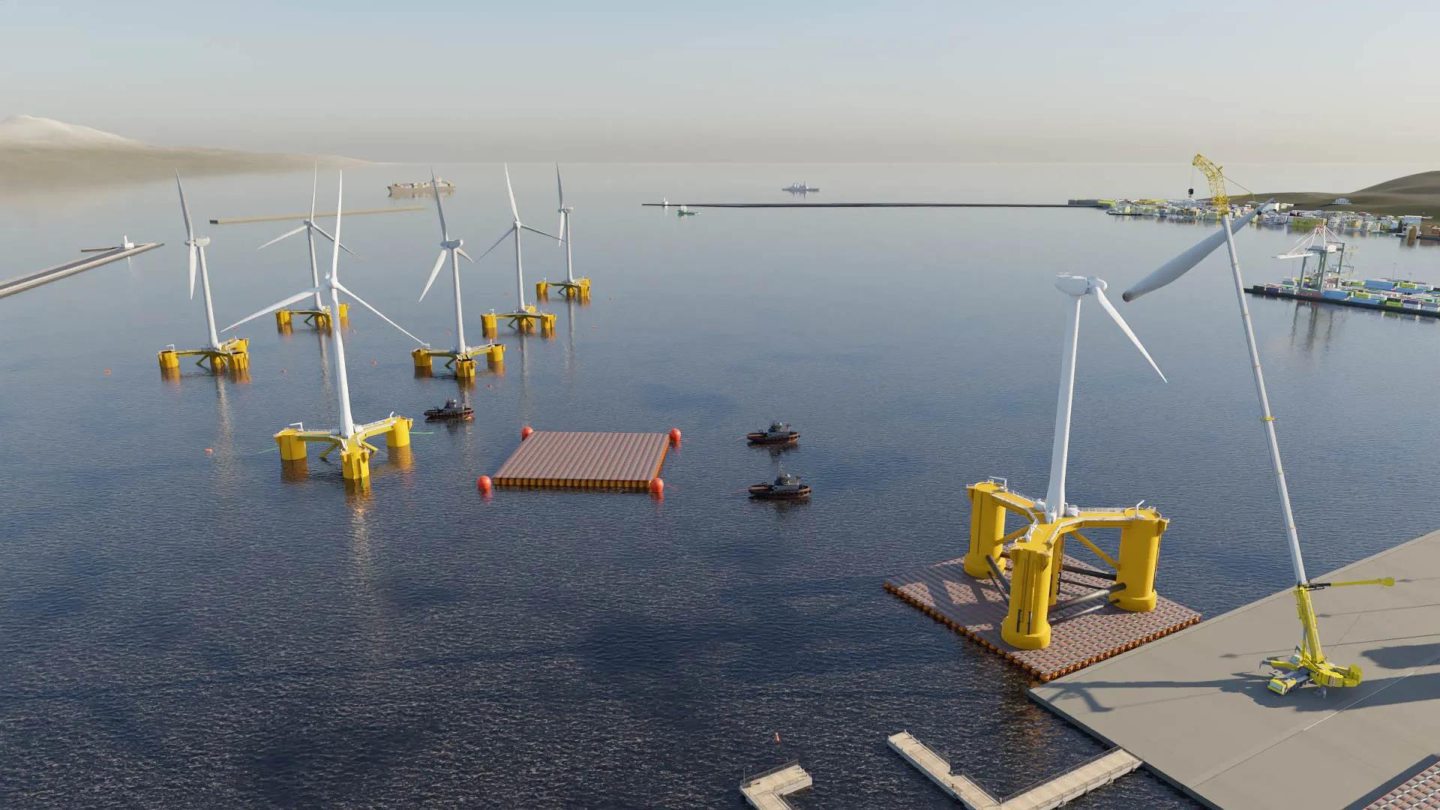
The Crown Estate (TCE) has allocated nearly £5 million in funding to 13 British offshore wind supply chain firms advancing projects near the Celtic Sea.
The funding comes as part of TCE’s £50m supply chain accelerator, which aims to de-risk early-stage projects servicing the offshore wind sector.
The match funding will lead to a combined investment of over £9m, with projects focused on areas including floating wind platforms, skills training and test facilities.
The programme could lead to more than £400m of capital investment if the opportunities “successfully conclude their respective development stages”, TCE said.
The Crown Estate head of investment Ben Brinded said the funding is the organisation’s first direct investment in to the UK offshore wind supply chain.
Brinded said for the UK to realise the economic benefits of offshore wind it needs “mature, investable propositions” which crowd in both public and private capital.
UK energy minister Michael Shanks said the accelerator will utilise the manufacturing expertise of the 13 firms to help develop innovative floating offshore wind technology.
He said GB Energy will work with TCE to accelerate offshore wind projects.
GB Energy chair Juergen Maier said creating good manufacturing jobs is “at the heart of our plans to expand the UK’s clean power production”.
Floating offshore wind
Since taking office, the UK Labour government is advancing plans to boost the borrowing powers of TCE to support the offshore wind sector.
The government is also establishing publicly-owned GB Energy, which will work in partnership with TCE to potentially drive up to £60bn of investment into the sector.
A key focus for GB Energy and TCE will be emerging clean energy technologies, including floating wind, tidal power and energy storage.
TCE is also progressing its fifth offshore wind leasing round in the Celtic Sea which aims to allocate up to 4.5 GW of floating wind capacity.
Earlier this year, TCE research found deploying the first Celtic Sea projects could support 5,300 jobs and provide a £1.4bn economic boost to the region.
The Celtic Sea blueprint highlighted opportunities for supply chain development to support floating wind, including dynamic cables and wet storage infrastructure.
As part of the £5m funding round, TCE said projects from the 13 successful firms were partly assessed on their ability to deliver on the blueprint.
Offshore wind supply chain funding
Firms set to receive funding include Marine Power Systems, Celtic Sea Power, Tugdock and Tardra.
Tugdock said its funding will be used to develop a heavy lift operations and maintenance hub at Port Talbot in Wales alongside Belgian firm Sarens.
The firm said Port Talbot’s strategic location near the Celtic Sea makes it an “optimal hub” for floating wind projects, reducing transit times and operational costs.
The company is also developing modular and road transportable floating dry docks for offshore transport and logistics to support floating wind deployment.
Tugdock chief revenue officer Lucas Lowe Houghton said the joint project will boost the competitiveness of Port Talbot in the UK and global floating wind markets.
“Collectively we will ensure that ABP’s Port Talbot is enabled with a heavy lift facility that can attract and retain major clients and maintain the UK’s leading position in the floating offshore wind industry,” he said.
“By leveraging this opportunity we aim to unlock local steel and concrete manufacturing by offering a range of solutions for assembly, loadout and launching.”
Recommended for you


 © Supplied by Flotation Energy
© Supplied by Flotation Energy © Supplied by Tugdock
© Supplied by Tugdock